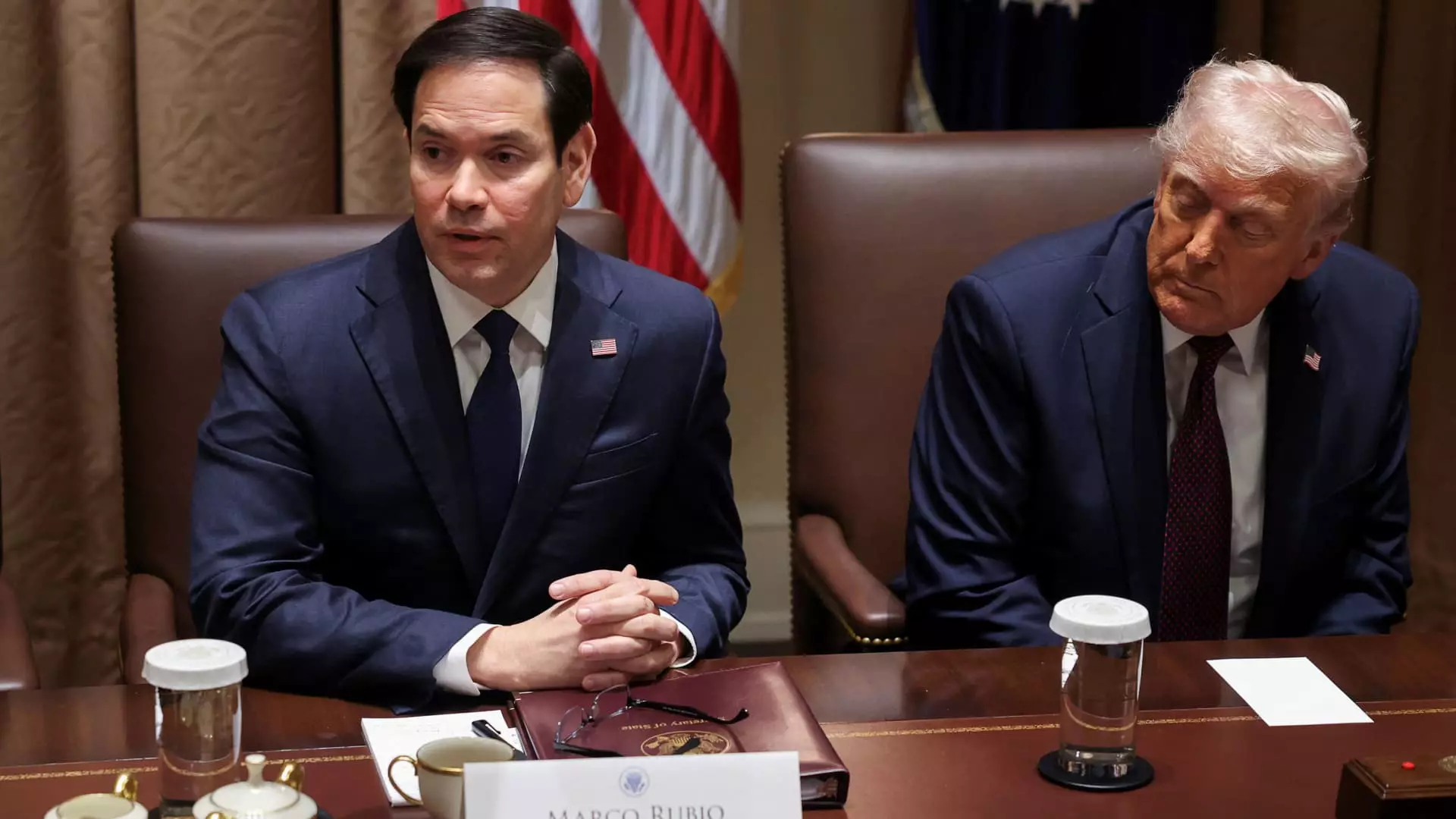The draft executive order currently circulating from the Trump administration heralds a profoundly troubling shift in America’s foreign policy strategy. If enacted, this reorganization plan threatens not just to diminish America’s diplomatic footprint across the globe but also fundamentally undermines the principles of global engagement and international cooperation. The audacity to shutter embassies across Southern Africa while eviscerating vital offices that champion democracy and human rights epitomizes shortsightedness that could diminish the United States’ standing in the world.
Rather than promoting America’s role as a global leader, this proposed strategy appears to prioritize narrow, self-serving agendas under the guise of an “American First Strategic Doctrine.” It will effectively transform the U.S. State Department from a robust institution that promotes American ideals into a bureaucratic shell focused on transactional diplomacy—shifting away from fundamental ideals that have guided American foreign policy for decades.
Targeting the Foundations of Democracy and Human Rights
One of the most disconcerting aspects of this draft order is its explicit intent to eliminate offices dedicated to fundamental issues such as democracy, human rights, climate, and women’s equality. This is not merely a reorganization; it is an outright attack on the values that the U.S. has long espoused. By scaling back the American diplomatic presence in regions where economies are vulnerable and human rights abuses are prevalent, the administration signals a disturbing disregard for the plight of those who look to the United States for support.
In a pivotal moment for global democracy movements, the decision to cut resources in these arenas shows a cynical disregard for international engagement, shifting priorities away from positive influence and moral authority. The vacuum left by diminished U.S. involvement will undoubtedly be filled by adversaries who do not share American values. This legacy of disengagement could create a dangerous environment where authoritarianism thrives unchallenged.
Disregarding Expertise and Values in Hiring Practices
Moreover, the proposed scrapping of the longstanding Foreign Service Officer Test, replaced by a politically-biased evaluation process, signals a departure from meritocracy toward a loyalty-testing bureaucratic culture. This alteration undermines the objective competencies and deep expertise that diplomats need to navigate complex global issues. It fosters an environment ripe for cronyism and nepotism while collecting a workforce that merely aligns with the current administration’s foreign policy whims.
The attempt to align the hiring process strictly with the president’s vision disregards the expertise required to engage effectively with a diverse range of international actors. The ideal diplomat is one who understands the nuances of culture, history, and geopolitics—not merely someone who toes the party line. By diluting the staffing standards at the State Department, future diplomatic efforts will be stifled by ignorance and lack of experience.
A Dangerous Path to Isolationism
The consolidation of regional bureaus into four broad categories transforms the landscape of American diplomacy, reducing a diverse world into overly simplistic regions with little consideration for unique political dynamics. This is a dangerous move towards isolationism masquerading as efficiency. Critically, it risks alienating traditional allies who value the U.S. not only as a military power but as a partner in addressing shared challenges.
Additionally, the plan to limit American contributions to international organizations such as the United Nations sets a dangerous precedent. Diminishing our engagement not only emboldens adversaries but reinforces the narrative that the U.S. is retreating from its global responsibilities. Far from enhancing national security, this withdrawal will likely incite instability that could return to haunt American interests at home.
These proposed reforms are rooted in a distorted view of American greatness; rather than exuding strength and confidence, they reveal a profound insecurity that prompts hasty retreat from a complex world. As America stands at this crossroads, it becomes essential that we champion a diplomatic strategy that embraces engagement, human rights, and global cooperation rather than surrendering to the vices of isolationism and apathy. The stakes have never been higher, and complacency will only lead to further decline.

